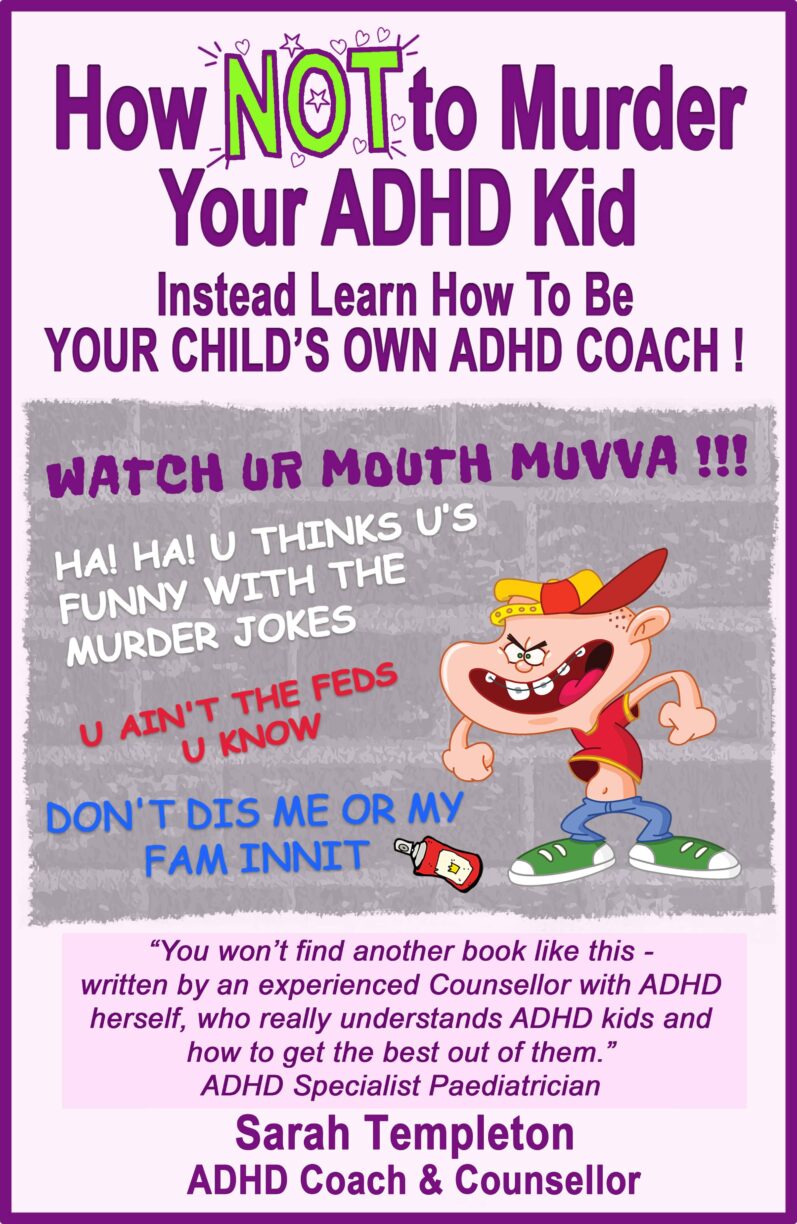ADHD ‘is a big umbrella and a lot comes under it.’ There are numerous indicators of the condition and three presentations:
- Hyperactive/Impulsive ADHD
- ADHD primarily Inattentive
- ADHD Combined who present traits of both of the other presentations and is the most common one.
I spoke with Sarah Templeton who is a passionate advocate for adolescents and adults with either unrecognised or late-diagnosed ADHD, here she explains the main indicators of ADHD in adults to look out for if you feel you may have undiagnosed ADHD.


A lot of other conditions go alongside ADHD. These are known as comorbidities or coexisting conditions.
A lot of people will have been diagnosed with learning disabilities like dyslexia or dyspraxia not realising that the underlying issue is ADHD.
Other conditions that go alongside ADHD include dyscalculia, dysgraphia, social anxiety, OCD, sensory processing disorder, auditory processing disorder, IBS and Ehlers-Danlos syndrome.
Many ADHD children and adults have gone undiagnosed in Britain because until 13 years ago we believed ADHD was a childhood behavioural disorder that people outgrew in their late teens. This has led to tens of thousands of adults being misdiagnosed and only now realising that their issues are down to ADHD.
So, what should you be looking for to work out whether you have this very common, but often missed, condition?
If you can lay your hands on your school reports, see if you were ever referred to as ‘the clown of the class.’ Psychiatrists will always ask this question when they are assessing adults for ADHD.
Also look to see whether they were comments about you ‘being able to achieve more if only you would focus or concentrate.’ And search for signs that you were either distracted or distracting others. These are clear indicators of ADHD.
As an adult, have you had problems with addiction of any kind? Whether that’s alcohol, drugs, gambling, hoarding, eating, shopping, promiscuity or any other addictive behaviour.
The ADHD brain is compulsive, so if you have any behaviours that you find difficult to control, this is another indication that you might have ADHD.
People with ADHD nearly always report busy brains and racing thoughts and most struggle with hyperactivity and restlessness. They always want the next thing, nothing ever being enough and finding it impossible to relax, or ‘just chill.’
ADHD brains also have a particular way of thinking. They believe they know best, want everything their own way, push boundaries, don’t like being told what to do and really don’t like authority. This is why a lot of ADHD adults are self-employed. They are not keen on bosses telling them what to do!
Other traits of adult ADHD include disorganisation, procrastination, becoming overwhelmed very easily, emotional dysregulation, and a particularly strong fear of rejection and humiliation. This is actually called Rejection Sensitive Dysphoria.
ADHD people get bored very easily. Their brain needs a lot of stimulation due to the fact that it lacks dopamine. Dopamine is the happy hormone and ADHD people just don’t have enough. So, they are constantly looking for excitement, adrenaline and the buzz.
ADHD people have a huge drive to be the best and want to win, which is why the many decorated Olympians are ADHD-diagnosed.
ADHD adults are natural entertainers hence Hollywood and the world of comedy is packed with successful ADHD people.
Many people think ADHD is the wrong name for a condition that by many is seen as a very positive way to be, and whilst accepting it comes with issues, often around anxiety and depression, overall ADHD people are born entertainers, winners and high achievers in life.
Successful people with the condition include Whoopi Goldberg, Will-i-am, Tom Hanks, Justin Timberlake, Jamie Oliver, Cher and Sir Richard Branson.
Sarah Templeton is an ADHD counsellor, coach and CBT therapist and author of How Not to Murder Your ADHD Kid: Instead Learn How to Be Your Child’s Own ADHD Coach, available on Amazon, priced £19.99





